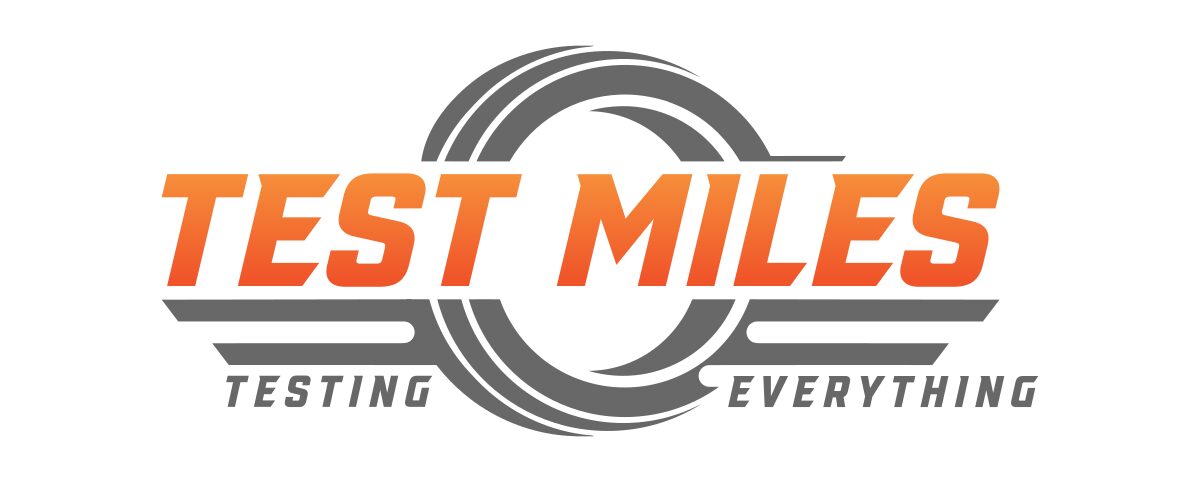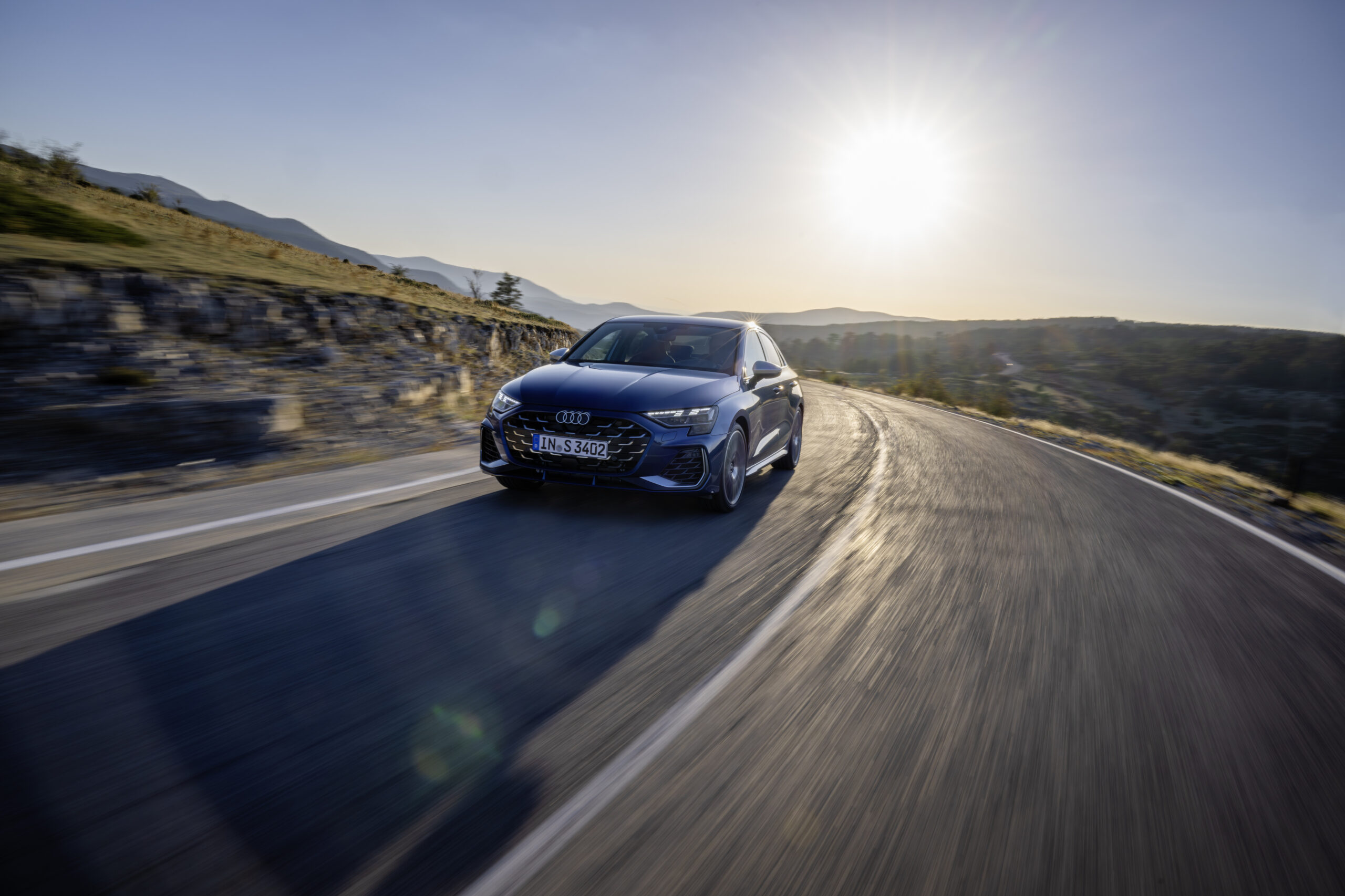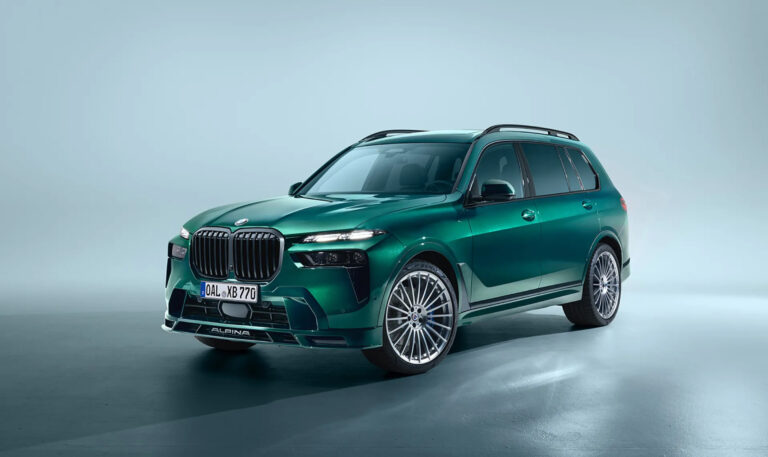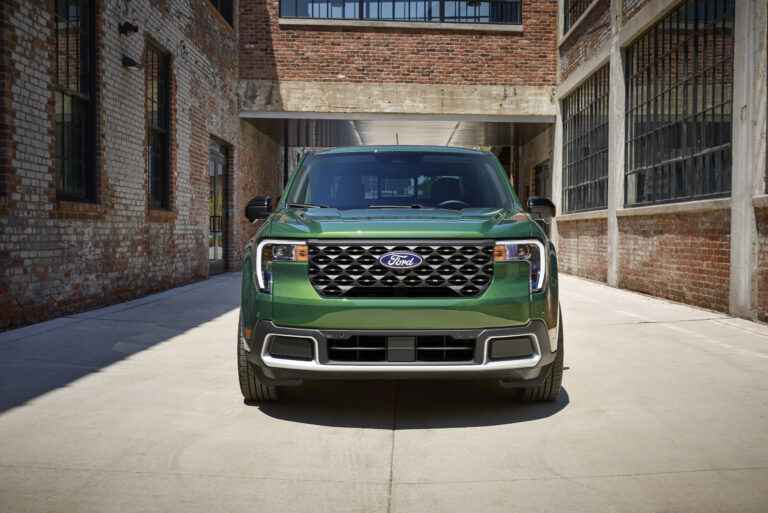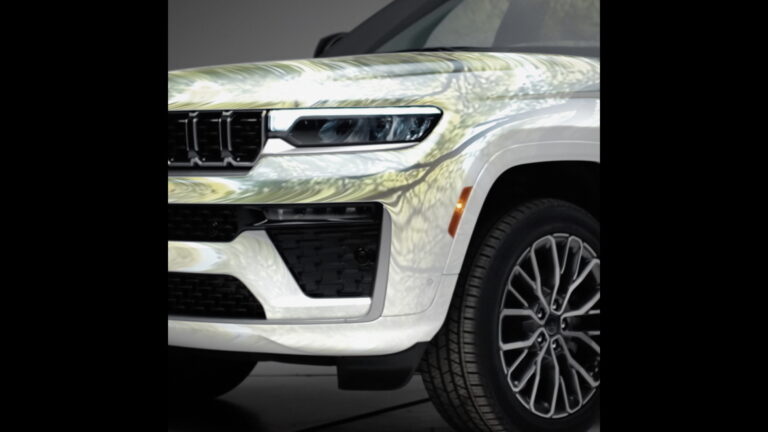VW may build Audi cars in the U.S. to ease $1.5B tariff hit
Volkswagen may shift Audi production to the U.S. as part of a bold investment strategy aimed at offsetting import tariffs and reshaping its American footprint.
VW eyes American-made Audis to dodge tariffs and deepen U.S. roots
With $1.5 billion in tariff losses already logged this year, Volkswagen is floating plans to localize Audi production in the U.S. a move that could redraw the automaker’s global map and change how Americans think about German luxury.

Why does this car matter right now?
Volkswagen is bleeding from a self-inflicted wound its reliance on foreign-built vehicles in a tariff-heavy environment. The company took a $1.5 billion hit in just six months due to import duties on models built overseas. Audi, one of VW’s crown jewels, doesn’t build a single car in the United States. That may soon change.
In a play to reverse its fortunes, VW is proposing a new deal to the Trump administration: cut our tariffs, and we’ll cut the ribbon on more U.S. factories. That includes potentially building Audi models in the States for the first time in history. With BMW and Mercedes already pumping out German metal in Alabama and South Carolina, VW’s move would close a competitive gap and strengthen its American identity.

How does it compare to rivals?
BMW and Mercedes-Benz have long hedged against U.S. trade swings by building SUVs and sedans on American soil. Audi hasn’t. Every Q5, A4, and e-tron Sportback you see on U.S. roads came from Europe. That’s been a costly choice. Tariffs as high as 27.5% have gutted margins and put pricing power under pressure.
By bringing production stateside, Audi could finally qualify for federal EV tax credits, lower shipping costs, and match its rivals’ made-in-America appeal. Volkswagen already committed $2 billion to its Scout EV plant in South Carolina and invested $5 billion in Rivian. Folding Audi into this ecosystem would make strategic sense and send a message that VW is betting long on America.

Who is this for, and who should skip it?
This is for every American buyer who loves German luxury but doesn’t want to pay a premium inflated by shipping containers and tariffs. It’s for buyers in red states and blue ones, for EV adopters and SUV loyalists, who want Audi style with local substance.
Those who see “Made in Germany” as a non-negotiable may wince. And niche low-volume models like the RS 6 Avant or R8 likely won’t make the cut they’re too specialized for U.S. production. But for volume movers like the Q5, A6, and e-tron lineup? They’re right at home in this new plan.

What’s the long-term significance?
If the deal goes through, Audi production in the U.S. would mark a tectonic shift. It’s not just about escaping tariffs it’s about reimagining what a “German car” even means. American-built Audis would still carry the brand’s engineering DNA, but with fewer ocean miles and more eligibility for incentives like the Inflation Reduction Act.
VW’s strategic pivot also signals a new way forward for global automakers facing regulatory whiplash. Trade winds shift fast. Building closer to where cars are sold could become not just a tax dodge but the industry default.
Volkswagen’s $1.5 billion tariff loss is painful, but it might just birth a stronger, smarter company on U.S. soil. And for Audi fans? The badge won’t change but the return on investment might.
Like what you’ve read? Stay in the driver’s seat with more insider automotive insights. Follow @NikJMiles and @TestMiles for stories that go beyond the press release.
